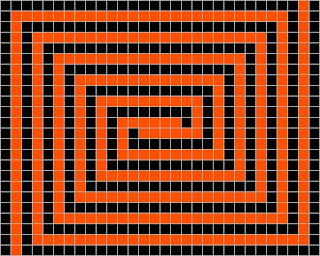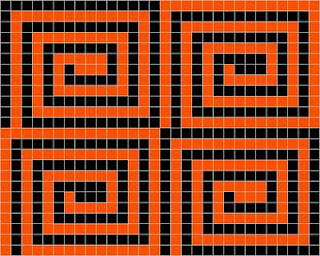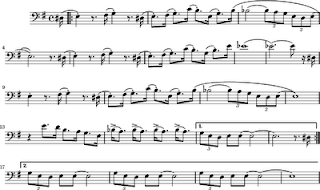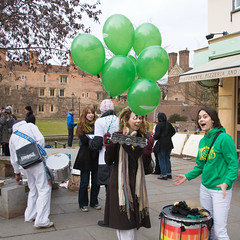by Madeleine Bunting
You’d think that by now everybody should know that working long hours is a sign of poor time management and low productivity and is generally bad for your health and your family. Especially if you are not paid for overwork. Why are we doing it then? (“We” means people in general, although Willing Slaves mostly focuses on Brits who, surprise surprise, work the longest hours in Europe.) Greedy corporations, government’s fixation on targets, low union membership, technological progress and, naturally, transatlantic influence all play role here. Jolly good; but shouldn’t we also look at ourselves and, instead of just grumbling that the country is going to the dogs, try to change and reclaim our lives back?
This kind of paralysis is common: those endless conversations with friends, colleagues and partners which go round and round searching for some accomodation or some way out of a situation which seems unbearable and inescapable; the job change which never quite comes off; the postponed dreams of a different life.
Willing Slaves was first published in 2004. Is it outdated by now? In the last chapter, the author expresses cautious optimism as she sees the alternative work ethic finally emerging in Britain:
We’re getting there; it just needs a big kick in the right direction, and in a decade we’ll look back at the overwork culture as we now look back at the power-hunger, flashy wealth and shoulderpads of the eighties generation, as an emotional dead-end.
Alas, there is no indication that the overwork culture is going away. According to the recent post from workSMART,
With many employers and staff agreeing to reduce hours in order to avoid job losses, it seems the reduction in working time has had a knock on effect on the number of people working paid and unpaid overtime. So whilst this <£27.4 billion in 2009!> is a record value for unpaid overtime, the number of people doing it is actually down by 168,000 on last year, meaning the 5.07 m remaining are putting in even longer hours.
Are you working long hours? Do yourself a favour: read this book.

























